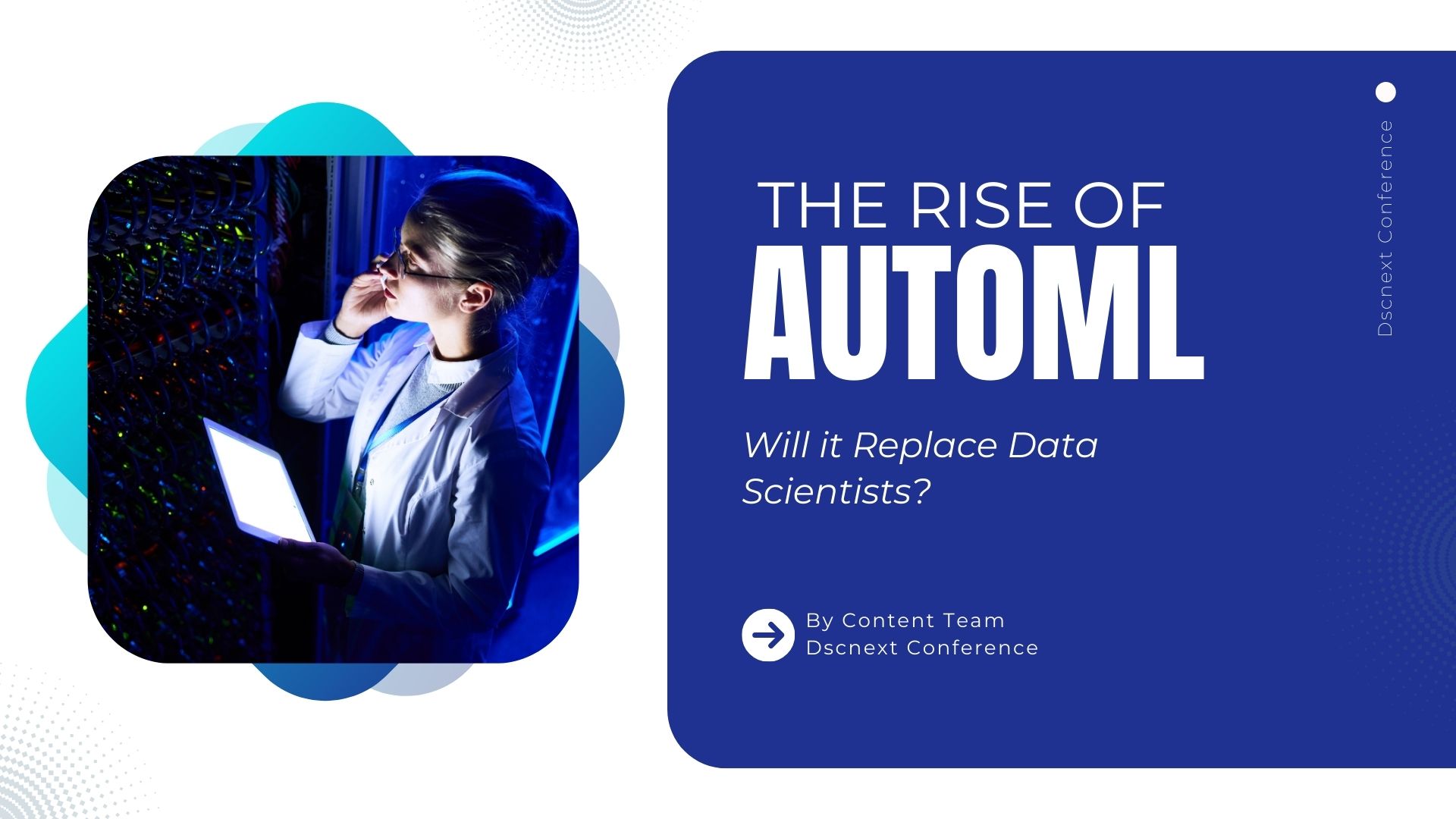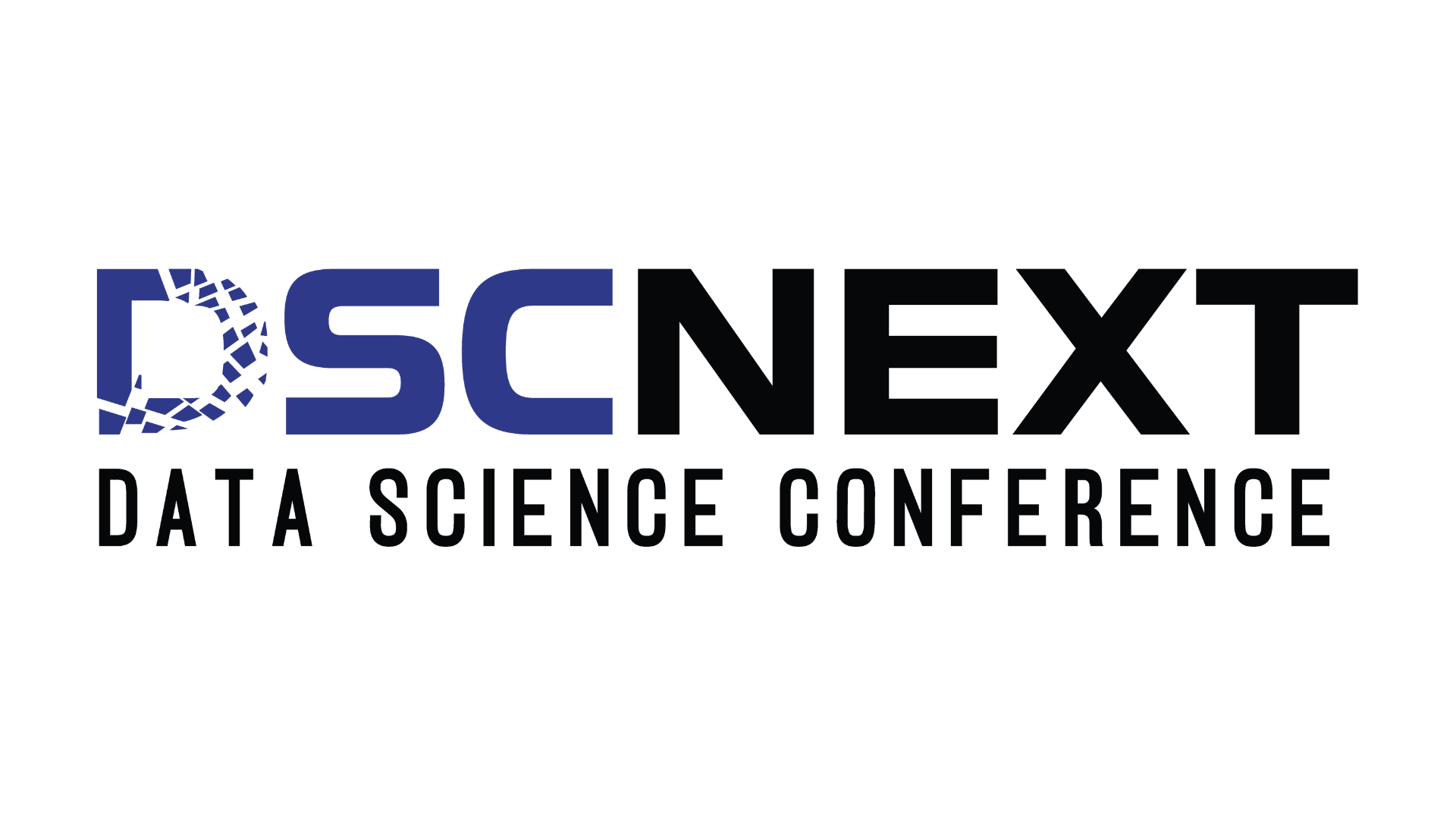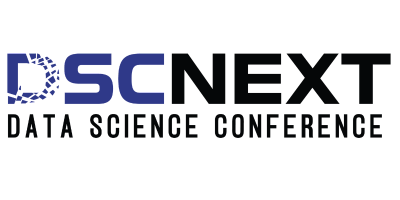
Automation in the world of technology has been advancing rapidly, and one area that has seen significant growth is AutoML (Automated Machine Learning). AutoML is revolutionizing how organizations approach data science, offering tools and platforms that can automate much of the machine learning process. However, the question remains: Will AutoML replace data scientists, or is it merely a tool to assist them?
What is AutoML?
AutoML refers to the process of automating the end-to-end tasks of applying machine learning models to real-world problems. This includes data preprocessing, feature engineering, model selection, hyperparameter tuning, and model evaluation. AutoML tools aim to make machine learning more accessible to non-experts while also accelerating workflows for seasoned data scientists.
Some popular AutoML platforms include:
- Google Cloud AutoML
- H2O.ai
- DataRobot
- Auto-sklearn
These platforms offer a wide range of functionalities, allowing businesses to build models without deep technical knowledge.
Advantages of AutoML
- Time Efficiency:
AutoML platforms streamline processes like data cleaning, feature engineering, and model training, reducing the time required to develop machine learning models. This allows teams to focus on higher-level tasks. - Accessibility for Non-Experts:
One of AutoML’s most significant promises is enabling non-experts to deploy machine learning solutions. This opens the door for more industries to leverage AI without needing highly specialized talent. - Cost-Effectiveness:
With AutoML, companies no longer need large teams of data scientists to develop effective models. For smaller organizations or those with limited resources, AutoML can be a game-changer. - Consistency and Accuracy:
AutoML tools use algorithmic approaches to consistently optimize models for accuracy, ensuring a systematic approach to model building and reducing human error.
Limitations of AutoML
While AutoML has many benefits, it is important to acknowledge its limitations.
- Lack of Deep Insights:
AutoML focuses on automation, but it cannot match the nuanced insights and domain expertise that data scientists bring. Data science is more than just building models—understanding data, contextualizing results, and aligning them with business objectives are critical tasks that still require human intuition. - Interpretability:
While AutoML can deliver highly accurate models, it sometimes produces models that are black boxes—complex and difficult to interpret. Data scientists can understand the trade-offs between accuracy and interpretability, especially in industries like healthcare or finance, where explainability is crucial. - Customization Constraints:
AutoML tools often use predefined algorithms and techniques. However, for complex or unique business cases, highly customized approaches might be necessary, something AutoML platforms might not yet fully offer. - Dependence on Quality of Data:
AutoML can automate model building, but it still depends heavily on the quality of the input data. Data wrangling, dealing with missing values, outliers, or unstructured data, often require the expertise of data scientists.
Will AutoML Replace Data Scientists?
While AutoML will significantly impact how machine learning models are developed and deployed, the short answer is no, AutoML will not replace data scientists. Here’s why:
- Human Judgment is Irreplaceable:
The ability of data scientists to understand context, ask the right questions, and interpret complex relationships within data is a uniquely human skill. AutoML cannot formulate hypotheses, develop creative solutions, or strategize based on business goals. - Model Oversight is Key:
Data scientists will play a crucial role in evaluating and overseeing AutoML-generated models. They will need to ensure the models are ethical, unbiased, and comply with industry regulations. - Augmentation, Not Replacement:
AutoML should be viewed as a tool that augments the role of data scientists, enabling them to work more efficiently. It handles repetitive and time-consuming tasks, freeing data scientists to focus on higher-level problem-solving and strategic work. - Complex Use Cases Need Expertise:
In industries where machine learning applications are highly specialized or sensitive (e.g., healthcare, finance), expert knowledge is essential. Data scientists are needed to design, refine, and monitor models to ensure they align with the nuanced needs of these sectors.
The Future: Collaboration Between AutoML and Data Scientists
The rise of AutoML is undoubtedly transforming the landscape of data science. However, rather than viewing it as a threat to data scientists, it’s more accurate to see it as a complementary force that enables data scientists to work more efficiently and scale their efforts. With AutoML handling routine tasks, data scientists can focus on the areas that require human intuition, creativity, and problem-solving abilities.
In fact, the collaboration between AutoML and data scientists may lead to better outcomes—AutoML can handle the bulk work, while human experts guide the process and fine-tune models based on specific requirements and business goals.
Conclusion
AutoML is a powerful tool in the evolving world of machine learning, democratizing AI and making it more accessible across industries. However, it won’t eliminate the need for data scientists. Instead, AutoML will likely reshape their roles, shifting the focus from routine tasks to more strategic and creative problem-solving. In the future, we can expect data scientists and AutoML tools to work hand-in-hand, driving innovation and delivering even more sophisticated machine learning solutions.
The rise of AutoML is a new chapter in the evolution of data science—but it’s not the end of the story.


